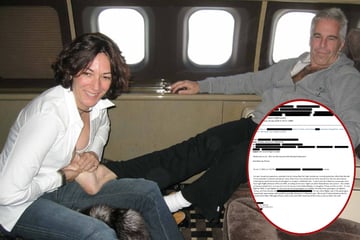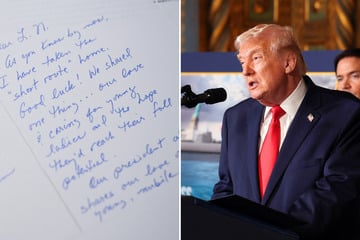Bernie Sanders and Christian Smalls speak on labor laws in Senate hearing
Washington DC - Senator Bernie Sanders held a hearing on the Senate floor on Thursday to discuss the question, "Should taxpayer dollars go to companies that violate labor laws?"
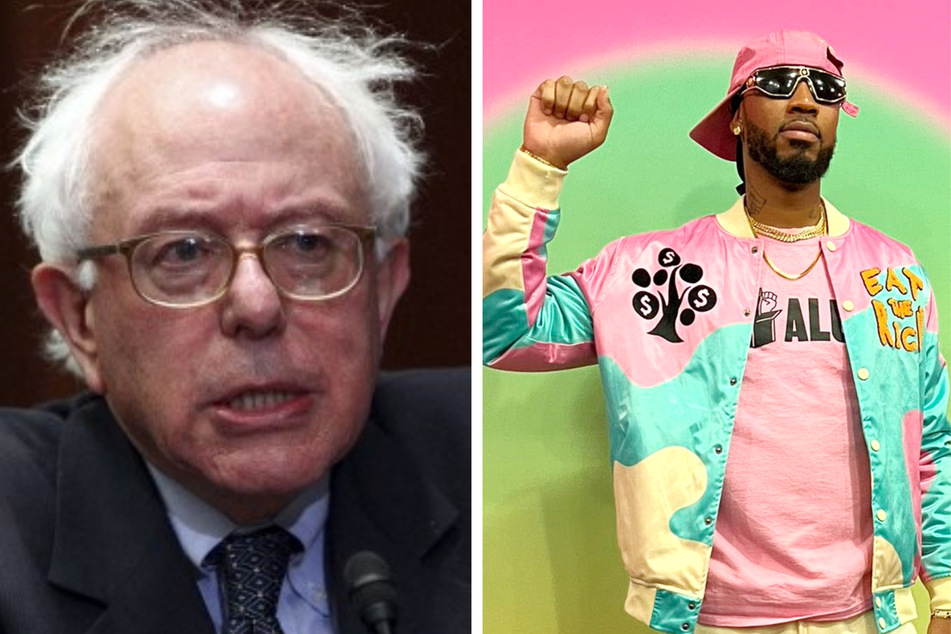
The "radical" meeting welcomed a panel of invited guests that included Amazon Labor Union president Christian Smalls, International Brotherhood of Teamsters general president Sean O'Brien, and other labor activists.
Sanders was joined by only a few other senators, including Tim Kaine, Mike Braun, and Lindsey Graham.
Sanders posed the question in his opening remarks and focused on Amazon, who has made headlines recently for engaging in illegal anti-union activity as workers have adamantly attempted to organize.
His stance was clear: corporations that seek federal contracts should be barred from doing so if they violate labor laws.
Sanders handed the floor to fellow Senator Graham, who took the opportunity to argue that Sander's hearing posed "the most radical agenda in my lifetime" instead of supporting the merits of Sander's contentions.
"This committee is taking a very dangerous turn under your leadership," Graham boldly stated. "Every time I turn around, you're having a hearing about how anybody that makes money is bad."
The Republican senator went on to slam Sanders' attempts to "socialize" the country, and spoke about what he thought Republicans would hold hearings on if they win back control of the Senate.
It was apparent that Sanders and the panel had a very steep uphill battle ahead of them. Luckily, they came armed with personal experience and a strong will to fight for labor reform, no matter how long it takes.
Protecting the Right to Organize
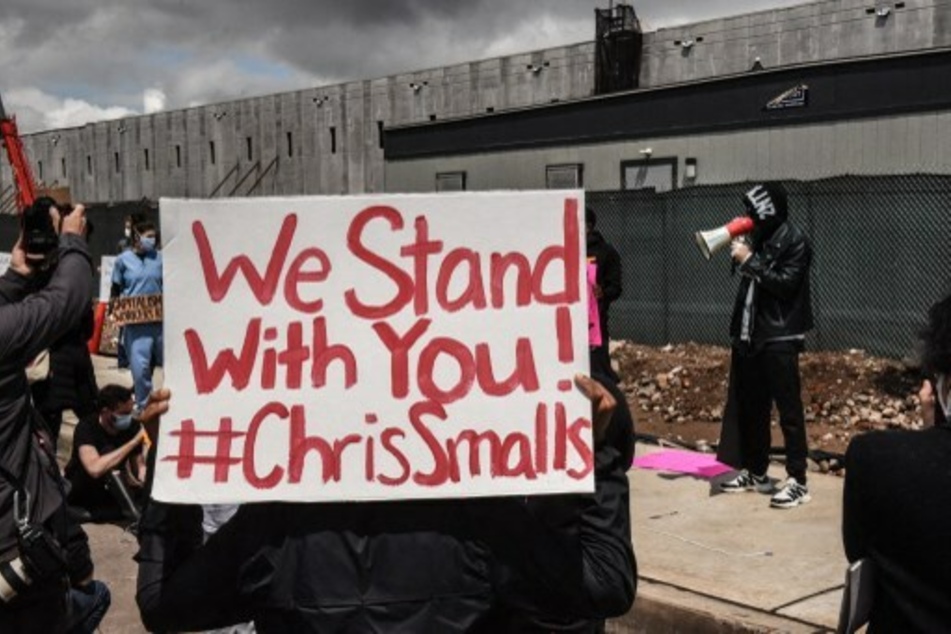
Following Graham's speech was Smalls, the leading voice of the Amazon workers unionization effort.
Addressing Graham's statements, Smalls said, "I'm here to represent the workers that make these companies go, and I think it's in your best interest to realize that it's not a left or right thing... it's a workers' thing."
Smalls went on to advocate for the Protecting the Right to Organize Act (PRO), which attempts to quell a corporation's efforts to deter workers from exercising their constitutional right to form a union if they choose too.
"We need to pass the PRO act so that workers are protected and workers are encouraged to organize," he explained.
Smalls outlined the extent Amazon has gone to try to shut down his efforts to organize, including propagating false narratives about him and what it actually means to organize.
He claimed the company spent millions of dollars to hire representatives to go to facilities and subtly disrupt organization efforts, and plastered posters and notes at Amazon warehouses that spread anti-union propaganda. He also recounted how Amazon used police to intimidate and instill fear in organizers, sometimes resorting to arrests.
While not all of his examples are explicitly illegal, they surely get in the way of workers' rights to organize, which Smalls firmly believes are freedoms every worker should have.
To give federal contracts, or not to give? That is the question
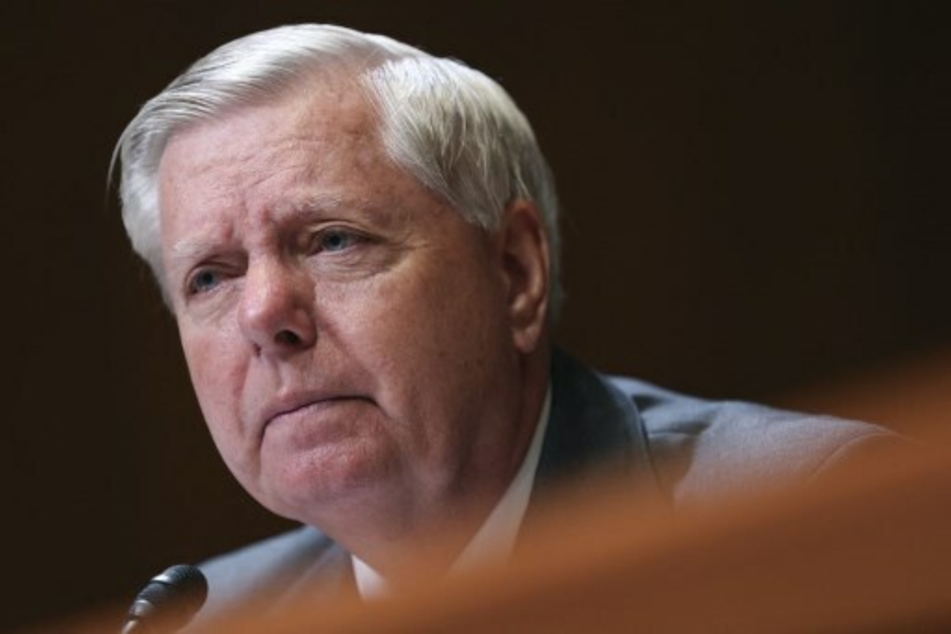
Following Smalls on the floor was O'Brian, the general president of the International Brotherhood of Teamsters. O'Brian was highly critical of Amazon's anti-union actions, going so far as to call the company an "organized crime syndicate."
"Why are our elected officials giving taxpayer money to companies that use any available means to deny workers their federally protected rights?" he asked.
"Amazon has been beating up on American workers for too long and our government has been letting them do it, and it needs to stop," he later added.
Greg LeRoy, the executive director of Good Jobs First, spoke next, making the argument that companies that receive federal contracts should "be held to the highest ethical standards of conduct." If a company fails to meet them, they should be disqualified, he said.
After multiple testimonies that outlined more examples and statistics of Amazon's wrongdoings, Senator Graham remained unimpressed, and eventually left the hearing early with a look of disgust on his face.
Senator Sanders addressed Graham's idea of the hearing being "radical," explaining that in a political system flooded with financial interests and corporate lobbyists, it is indeed radical of him to invite those from the working class to have their voices heard.
"I make no apologies for that," he concluded.
While it was surely a challenging day on the Senate floor, it is important that our elected officials continue to have open discourse on the new labor movement rising over the horizon. It doesn't seem to be going away anytime soon.
Cover photo: Collage: WIN MCNAMEE/GETTY IMAGES NORTH AMERICA/Getty Images via AFP & Screenshot/Twitter/@Shut_downAmazon
